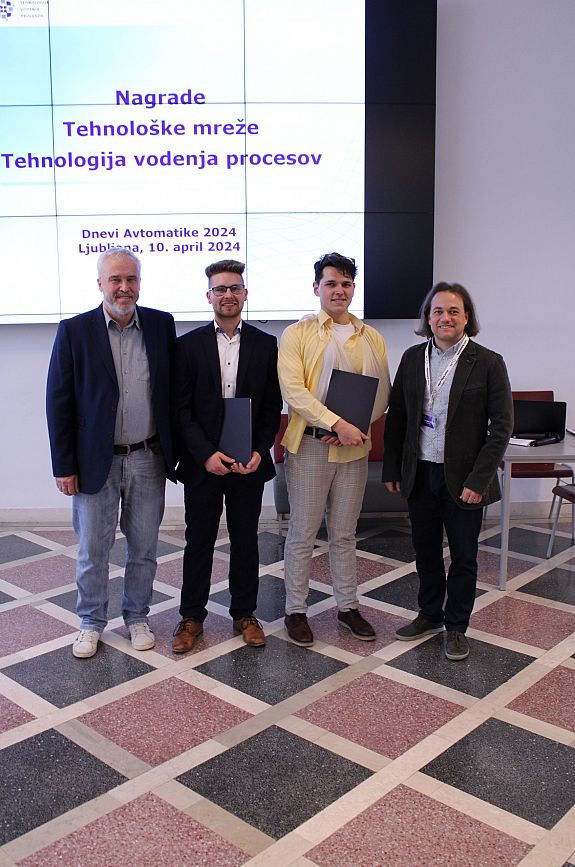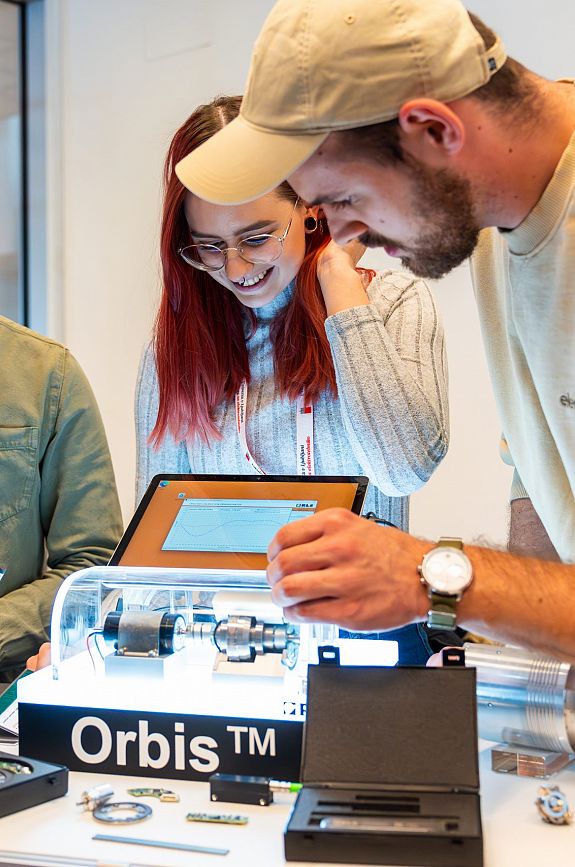[ICTinfo] Hybrid working is becoming the main model for future business
Date of publication: 7.2.2023IDC estimates that over the next five years, hybrid working will become the driving force behind business transformation and the introduction of new technology solutions. The analyst firm highlights key predictions for the future of work: (1) By 2027, one-third of leading companies will outsource in-depth technology services in the metaverse to support customer engagement, with the goal of solving health, sustainability and other problems. (2) By 2024, more than 60 percent of companies will develop their own applications and automated processes using low-code tools. (3) Due to a shortage of skilled labour, companies investing in digital adoption platforms and automated learning technologies will deliver a 40 per cent productivity growth. (4) In 2024, employees whose companies have adopted micro-management measures (cameras/key control) will show an actual 20 per cent productivity decline. (5) Leading companies that have adopted a hybrid working model will experience a 20 per cent decline in revenue in 2024 due to job losses and downskilling. (6) In 2025, organisations that have adopted a hybrid security policy and developed a culture of trust will be three times less likely to lose data than others. (7) By 2024, companies that offer frontline workers democratised access to digital collaboration, process automation and similar tools will see a 20% increase in revenue as a result of higher productivity. (8) An ecosystem of holistic and integrated analytics within an intelligent digital workspace (IDW) will drive a 70% increase in business results for users by 2026. (9) Many companies will reduce the importance of traditional workplaces and put the online workforce on an equal footing within three years. (10) By 2024, 55% of management teams in global companies will use intelligent space and capacity planning technologies to identify new office locations.
The economy, manufacturing, education and other sectors have been subject to increased pressures and changes in recent years as a result of the pandemic and the measures taken to contain it, as well as the Russia-Ukraine war, as confirmed by various surveys and analyses. The Information and Communication Technologies (ICT) sector is also exposed to similar changes, but at the same time it is able to monitor, assess and control changes not only in its own sector but also in all other sectors, which has been a valuable help to all of them in recent years.
ICT helps businesses and institutions in all industries to organise work, adapt operations, streamline operations, process data, evaluate results, predict trends and discover new opportunities. And they enable schools and universities to implement hybrid forms of teaching and meaningful digitisation of learning processes.
This is why we have decided to publish regular summaries of information, assessments, analyses and studies by research and analyst companies that can help everyone to better monitor, learn about and understand changes and trends and to adapt more successfully to the new ICT era.
Prepared by the Department of Information and Communication Technologies in collaboration with Esad Jakupović




